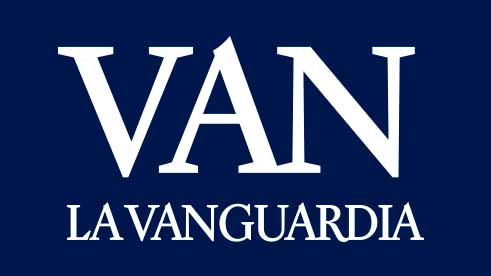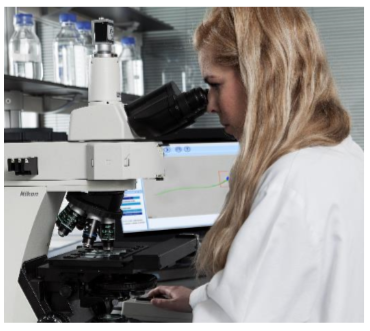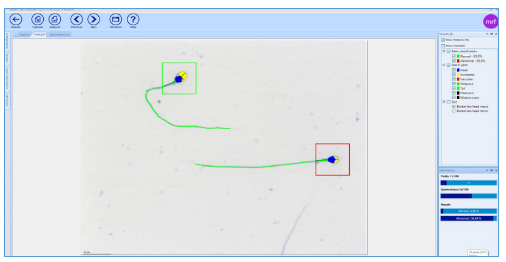A second baby was born through the application of the maternal spindle transfer technique in the context of the clinical research project that is being carried out by Embryotools and the Institute of Life in Greece. In the framework of this clinical research pilot trial, the effectiveness and safety of the maternal spindle transfer technique is being investigated as a means to treat infertility problems associated to cytoplasmic dysfunctions in oocytes – which manifest by a “massive” embryo development arrest in IVF cycles with conventional techniques – as well as to prevent the transmission of mitochondrial diseases.
The infant was born at 07:00 am on November 11th, 2019, to a Greek women with a long history of IVF failures with conventional techniques. Both the mother and the infant are well. The birth of the first baby through maternal spindle transfer in the context of this specific clinical research study had taken place last April 2019. The infant is now seven months old, is being follow-up, and is in an excellent condition. All results of this research project that is expected to be concluded within the next months will be made public after the acceptance of the publications in specialized peer-reviewed journals.
About the maternal spindle transfer Project
The maternal spindle transfer method involves the replacement of the entire cytoplasm of oocytes, fully preserving the nuclear genome of the woman who wants to reproduce. The proof of principle of the procedure has been extensively explored in animal models and pre-clinically validated with human oocytes donated for research. Currently, the technique is being applied in a very restrict and carefully selected cohort of patients in the context of an ongoing research protocol that was approved and is being conducted in accordance with the terms and conditions of the Greek Law 3305/2005. Based on current scientific data, the maternal spindle transfer method is still considered an experimental technique and is not an established infertility treatment nor a recognized method of medically assisted reproduction.









